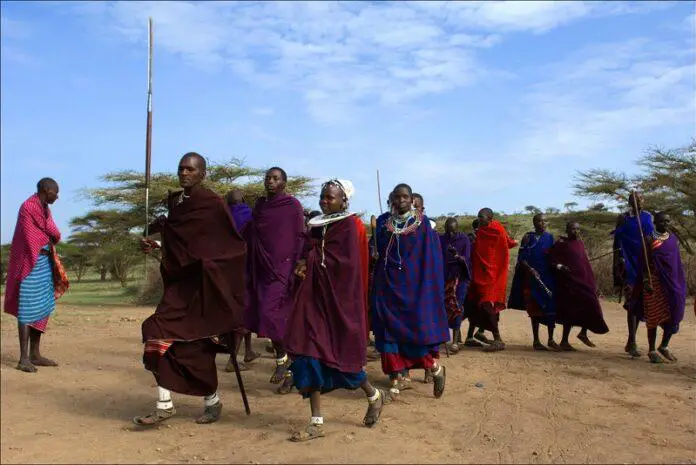Paul Mackenzie, founder of the Good News International Church, along with 95 others, are facing multiple charges including murder and terrorism, linked to the deaths of approximately 429 individuals in Kenya. These charges were announced by Kenya’s Department of Public Prosecutions on January 15, 2024.
The charges follow the disturbing uncovering of mass graves in the Shakahola forest, roughly two hours west of Malindi. Mackenzie, a self-identified pastor and ex-taxi driver, was apprehended in April of the preceding year subsequent to this horrific discovery.
Prosecutors claim Mackenzie and his congregation relocated to the Shakahola forest, preparing for the apocalypse. They suggest Mackenzie encouraged his followers to fast to the point of death as a way to meet Jesus. This alleged directive led to numerous fatalities, including children, who showed symptoms of malnutrition and physical harm.
The remains of 429 individuals, exhumed from grave sites in Shakahola, showed that while the majority succumbed to starvation, others, including children, appeared to have been victims of strangulation, suffocation, or physical assault. Prosecutors in Kenya have stated there is ample evidence to charge Mackenzie and the other suspects with crimes such as murder, assault, and facilitating a terrorist act.
Several suspects also face charges of subjecting a child to torture. Mackenzie, currently serving a prison sentence for operating a film studio and distributing films without a valid license, denies any responsibility for the deaths. He maintains that he shut down his church in 2019 and thus cannot be held accountable.
A Kenyan court ordered Mackenzie and 30 of his associates to undergo mental health assessments prior to facing charges for the murder of 191 children. These charges relate to the discovery of children’s bodies that were unearthed. Of the 95 suspects charged, 64 were initially considered victims and relocated to a rescue center. However, subsequent investigations revealed their involvement, especially as many had lost children in the forest and provided counterfeit identities to the authorities.
Many of the accused were brought to the Mombasa courtroom in a state of extreme malnutrition from an apparent hunger strike, unable to stand or open their eyes to face 238 counts of manslaughter. The charges were read out against Mackenzie, his wife Rhoda Maweu, and others implicated in a case that has drawn widespread concern and criticism. The suspects, visibly weak and frail, entered pleas of not guilty.
The case progressed critically when it was revealed that some of Mackenzie’s followers, too weak to walk or see, had to be carried into court, leading the magistrate to order their immediate hospitalization. This underscored the severe physical impact of the hunger strike the suspects reportedly started while in custody, protesting their arrest and extended detention without bail.
This case, known as the “Shakahola forest massacre,” has highlighted the challenges faced by Kenya in regulating unscrupulous religious movements and churches in a nation of over 53 million people, with more than 4,000 churches registered.
The case against Mackenzie and his followers is a stark reminder of the potential dangers posed by extreme religious beliefs and the importance of vigilance, compassion, and justice in addressing these challenges.
As the legal process continues, with the suspects now receiving the necessary medical care, the nation watches closely. The events in Mombasa represent a legal, moral, and societal reckoning with the boundaries of faith, responsibilities of leadership, and human rights imperatives.

